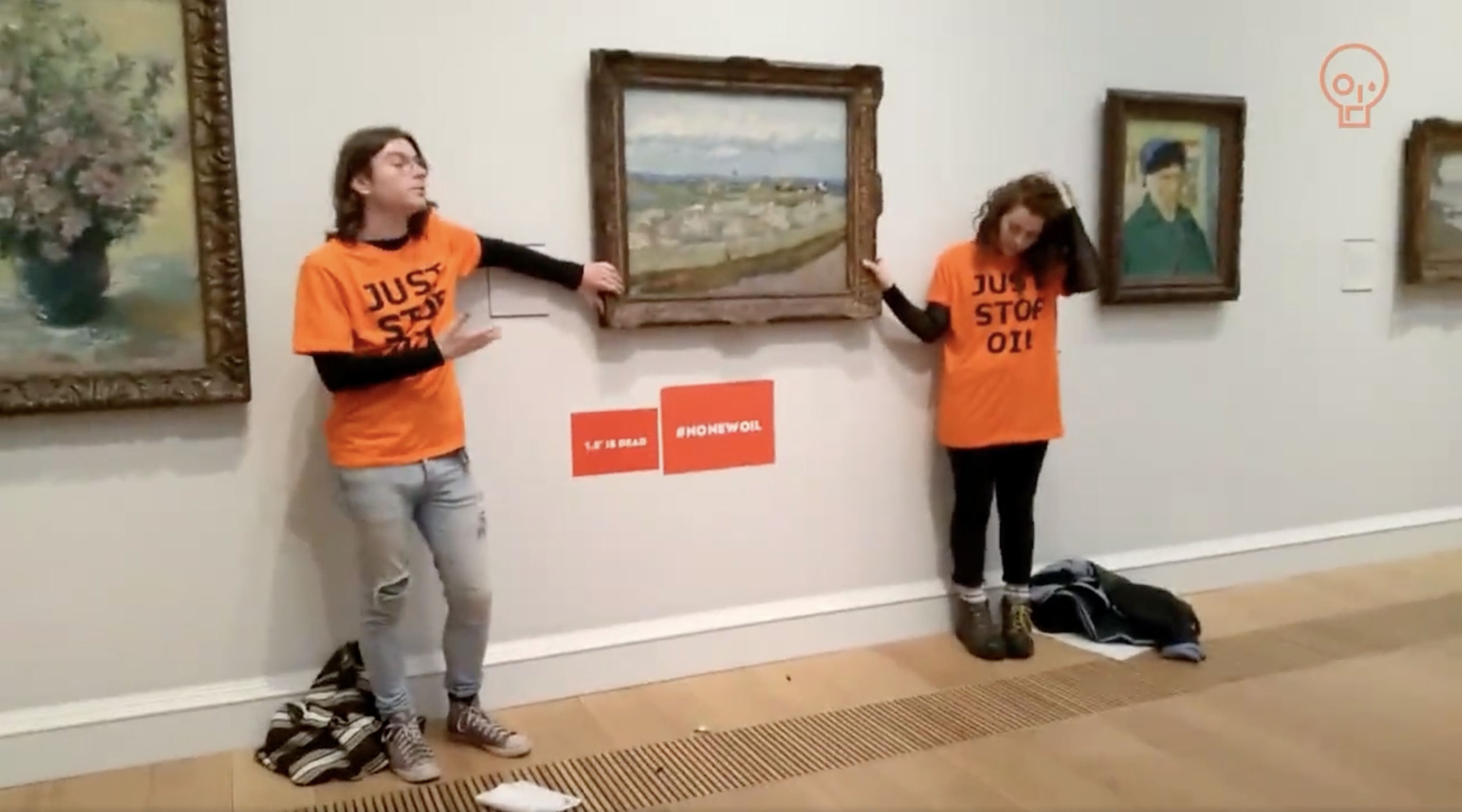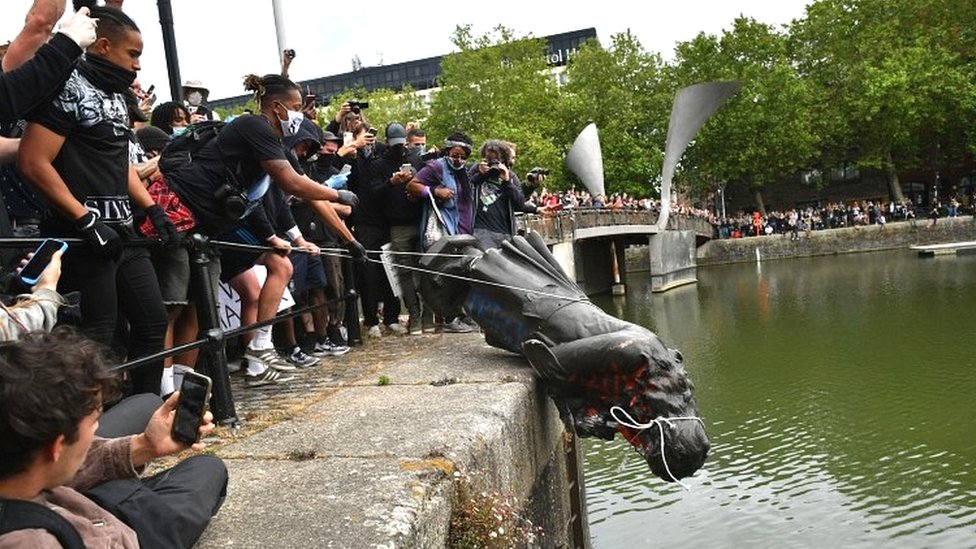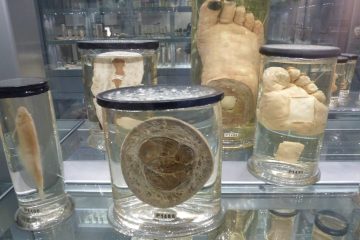
Yesterday, the disruption of museums for political causes took another turn, indicating an expanding campaign. Two protestors from a movement called Just Stop Oil glued their hands to the frame of a painting by Vincent van Gogh at the Courtauld Institute of Art in London. Wearing orange T-shirts with the organisation’s name, the protestors had time to put their case to onlookers, who recorded the action.
BREAKING: Just Stop Oil protesters have glued themselves to a Vincent Van Gogh painting at London's Courtauld Gallery. More follows… pic.twitter.com/5a1ZblKgzu
— TalkTV (@TalkTV) June 30, 2022
The painting was Van Gogh’s landscape La Crau with Peach Trees in Bloom (1889). Although it seems the painting was not harmed yesterday, the frames are not valueless objects. Some of them are antique and of artistic value. Damaging a high-quality frame is no different to damaging an antique piece of furniture. Detaching the hands of protestors from the frame will require chemicals and physical action that would have damaged the frame.
Moving from blocking roads and breaking bank windows, climate-action protestors have turned their focus to museums. In May, a protestor wearing a disguise attacked Leonardo’s Mona Lisa at the Louvre in Paris while promoting eco-activist arguments. In that case, security glass prevented damage to the painting. As I predicted in an article in June after that attack, “we should and can expect more attacks like this. And next time, one of the world’s masterpieces might not be so lucky.”
This type of campaigning has a long history. Over 1910-4, suffragettes, campaigning for the enfranchisement of women, attacked art across Great Britain. One attacker slashed a nude painting by Velazquez. The group also planted bombs and committed arson across the country. Whether or not this action influenced the 1918 act of parliament to enfranchise women (and men who did not own property) is an open question.

The toppling of a statue of Edward Colston in Bristol
Statue attacks across the USA – and the toppling of the Colston statue in Bristol – in 2020 were partially enabled by authorities. In the Bristol case, police officers did not protect the statue; in the US, many city authorities decided to withdraw statues rather than protect them. Activists suspect that the establishment is sympathetic towards eco-activism and anti-slavery protests: police act leniently, juries have acquitted attackers and there is vocal support in the mass media for towards their cause. Whether or not that is the case, this perception – plus the widespread media coverage for these direct actions involving art – means that these events look to be viable routes to public attention.
The disruption and potential damage to art give art professionals cause for concern. Most modern paintings are not varnished and so are vulnerable to slight damage. One painting was damaged by a woman with lipstick kissing the surface. Abstract paintings by Mark Rothko that were vandalised with marker pen were estimated to cost £5-9m to restore, although full restoration was not possible. Glazing large paintings are not feasible. Museums have cut back security staff to reduce costs. Sooner or later, what protestors expect to be a “safe” action will seriously damage artwork.
The mixed signals from the establishment and supportive media coverage ensure that political campaigners will escalate action to disrupt museums.



1 Comment
The Courtauld Gallery along with most museums accept money from financial institutions that underwrite and finance fossil fuel projects. Some even take money from the worlds biggest polluters. If they are going to allow themselves to be used by these companies to launder their reputations then it is fair for activists to highlight this by targeting these institutions.